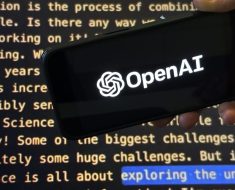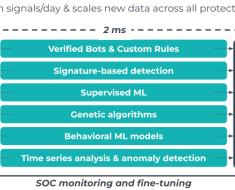![]()
Download a PDF of the paper titled Product Attribute Value Extraction using Large Language Models, by Alexander Brinkmann and 2 other authors
Abstract:E-commerce platforms rely on structured product descriptions, in the form of attribute/value pairs to enable features such as faceted product search and product comparison. However, vendors on these platforms often provide unstructured product descriptions consisting of a title and a textual description. To process such offers, e-commerce platforms must extract attribute/value pairs from the unstructured descriptions. State-of-the-art attribute/value extraction methods based on pre-trained language models (PLMs), such as BERT, face two drawbacks (i) the methods require significant amounts of task-specific training data and (ii) the fine-tuned models have problems to generalize to attribute values that were not part of the training data. We explore the potential of using large language models (LLMs) as a more training data-efficient and more robust alternative to existing attribute/value extraction methods. We propose different prompt templates for instructing LLMs about the target schema of the extraction, covering both zero-shot and few-shot scenarios. In the zero-shot scenario, textual and JSON-based approaches for representing information about the target attributes are compared. In the scenario with training data, we investigate (i) the provision of example attribute values, (ii) the selection of in-context demonstrations, (iii) shuffled ensembling to prevent position bias, and (iv) fine-tuning the LLM. The prompt templates are evaluated in combination with hosted LLMs, such as GPT-3.5 and GPT-4, and open-source LLMs based on Llama2 which can be run locally. The best average F1-score of 86% was reached by GPT-4 using an ensemble of shuffled prompts that combine attribute names, attribute descriptions, example values, and demonstrations. Given the same amount of training data, this prompt/model combination outperforms the best PLM baseline by an average of 6% F1.
Submission history
From: Alexander Brinkmann [view email]
[v1]
Thu, 19 Oct 2023 07:39:00 UTC (4,439 KB)
[v2]
Fri, 26 Jan 2024 09:07:59 UTC (4,139 KB)





